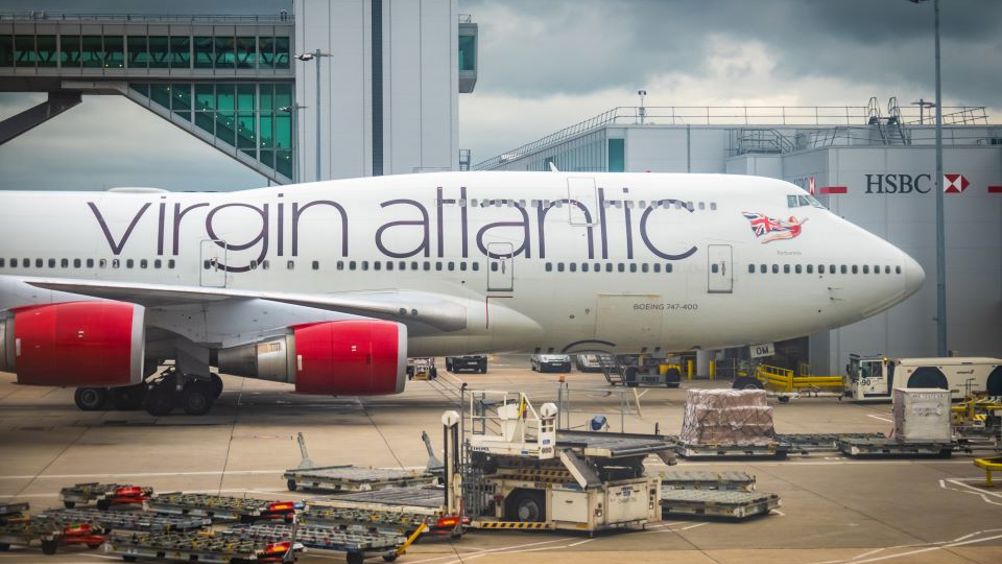Hydrogen electrolyser set to boost sustainable aviation fuel research
Sheffield University is set to produce more green hydrogen than any other UK research centre with a new hydrogen electrolyser that will support efforts to decarbonise the aviation industry.

The new capability will be used in research to develop and test new hydrogen-based sustainable aviation fuels (SAFs).
The electrolyser, from IMI Remosa under the new brand IMI VIVO, is being installed in the University’s Sustainable Aviation Fuels Innovation Centre (SAF-IC), which is the UK’s first R&D facility that is able to develop, test, validate and help certify new fuels.
The aviation industry is responsible for around seven per cent of total carbon emissions in the UK but aviation’s reliance on fossil fuels makes it a challenging sector to decarbonise, and new fuels are subject to strict standards and regulations before they can be approved for use.
Researchers from Sheffield will work with partners in the aviation industry to develop new hydrogen and CO2-based fuels that meet these strict standards. They will also work with other industries across the UK to help them switch fuels and decarbonise.
Register now to continue reading
Thanks for visiting The Engineer. You’ve now reached your monthly limit of news stories. Register for free to unlock unlimited access to all of our news coverage, as well as premium content including opinion, in-depth features and special reports.
Benefits of registering
-
In-depth insights and coverage of key emerging trends
-
Unrestricted access to special reports throughout the year
-
Daily technology news delivered straight to your inbox










Water Sector Talent Exodus Could Cripple The Sector
Well let´s do a little experiment. My last (10.4.25) half-yearly water/waste water bill from Severn Trent was £98.29. How much does not-for-profit Dŵr...